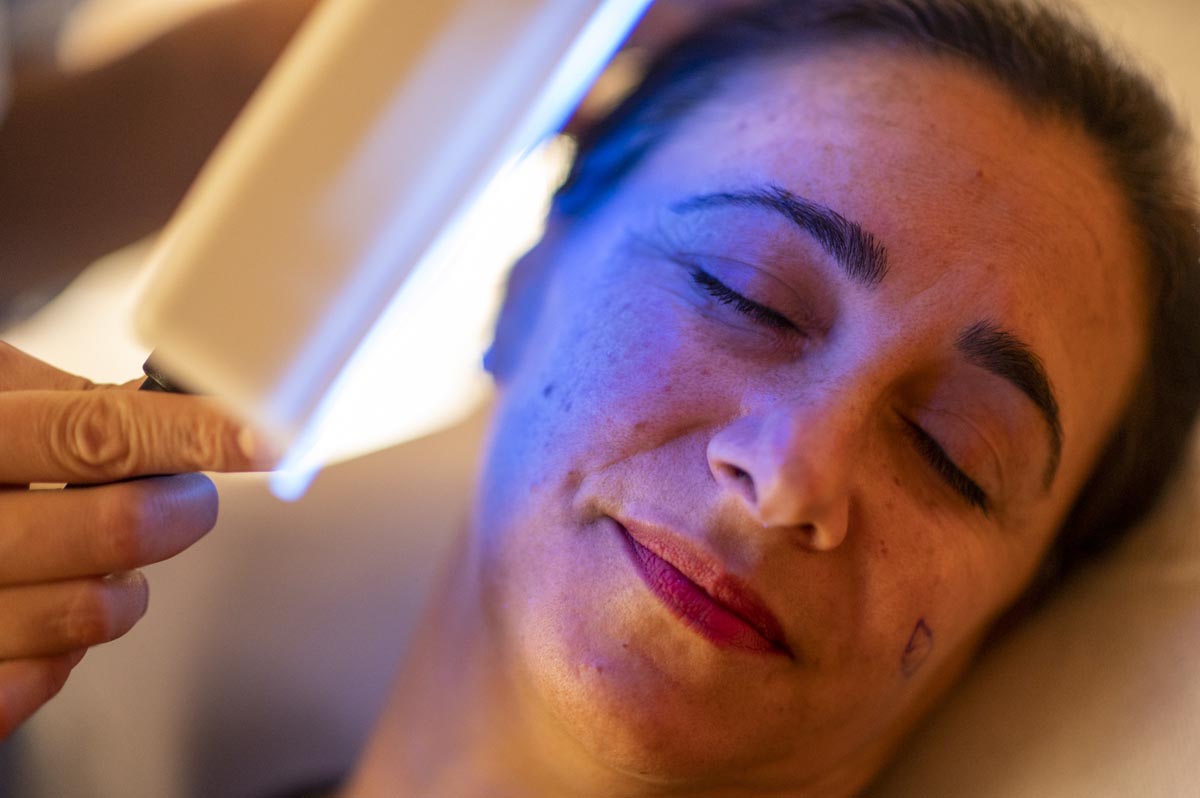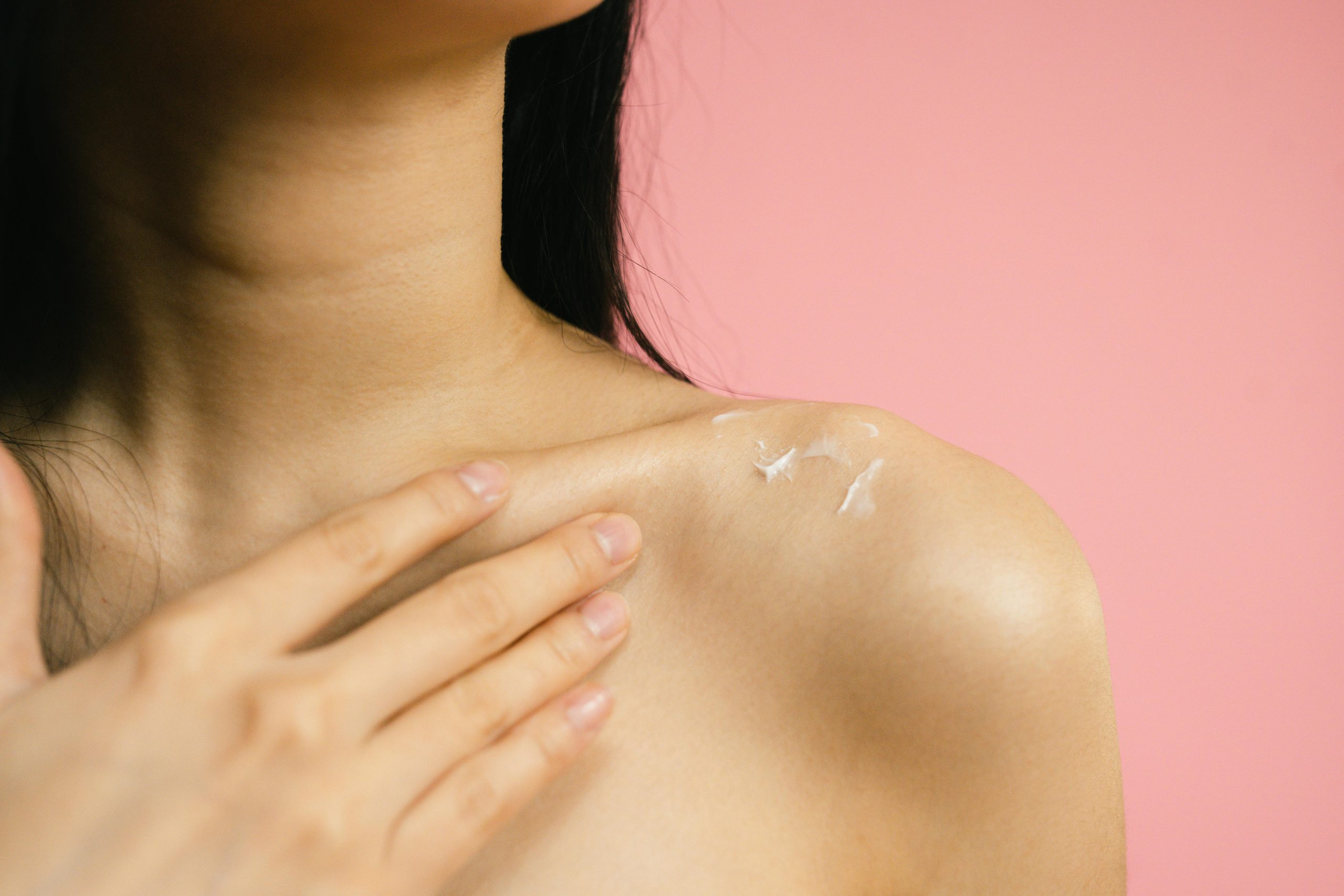Evidence-based treatments for eczema
Eczema, also known as dermatitis, is a common skin condition that causes patches of skin to become inflamed, red, itchy, cracked, and rough. It can affect both children and adults, appear on various parts of the body, and often flares in recurring cycles. While eczema is not contagious, it can be physically uncomfortable and emotionally distressing, with impacts on sleep, mood, and overall quality of life.
Dermatologists who consult at Northside Dermatology are experienced in the diagnosis and management of all types of eczema. Management plans may include practical strategies, prescription treatments, and individualised skincare recommendations to support long-term control and skin comfort.
A consultation is recommended for personalised assessment and guidance.







